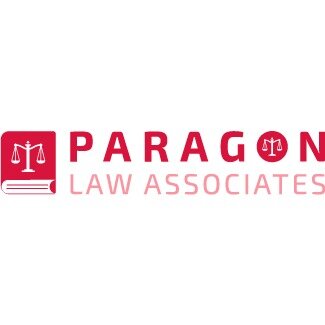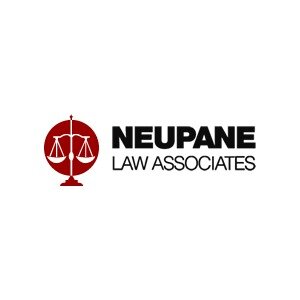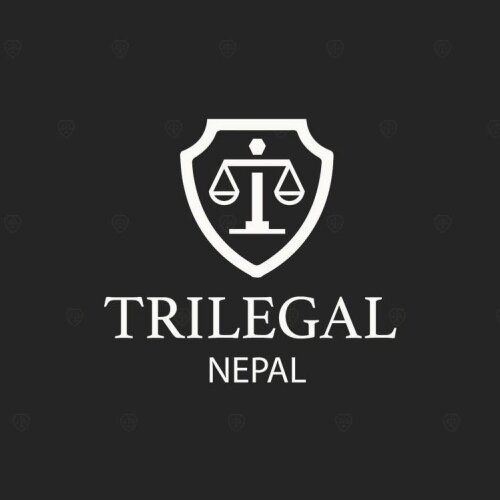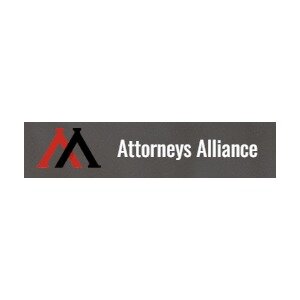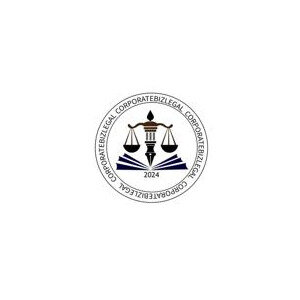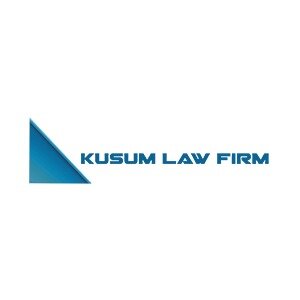Best Mining Law Lawyers in Nepal
Share your needs with us, get contacted by law firms.
Free. Takes 2 min.
Or refine your search by selecting a city:
List of the best lawyers in Nepal
About Mining Law in Nepal
Mining Law in Nepal refers to the collection of acts, regulations, and policies that govern the exploration, extraction, management, and regulation of mineral resources within the country. Nepal is rich in natural resources such as limestone, coal, talc, gemstones, and precious metals. The legal framework ensures that the development of these resources is done sustainably, responsibly, and in a manner that balances economic growth with environmental protection and local community interests. Mining activities are regulated primarily through governmental oversight, with consideration for land rights, investor interests, labor protections, and conservation mandates.
Why You May Need a Lawyer
Mining Law in Nepal is complex, involving multiple regulatory authorities, environmental assessments, land acquisition procedures, and compliance requirements. You may need a lawyer in several situations, including:
- Applying for or renewing mineral exploration or extraction licenses
- Navigating disputes over land use or land ownership for mining projects
- Ensuring compliance with environmental and labor laws
- Negotiating agreements with local communities or government entities
- Understanding and addressing taxation and royalty obligations
- Dealing with foreign investment rules and joint ventures
- Litigating in the case of accidents, breaches, or regulatory disputes
A mining lawyer provides guidance on your rights and obligations, helps avoid legal pitfalls, and represents your interests in negotiations, regulatory matters, or court proceedings.
Local Laws Overview
Mining activity in Nepal is governed primarily by the Mines and Minerals Act, 2042 (1985) and the Mines and Minerals Rules, alongside various environmental, labor, and land use laws. Here are some key aspects of these local laws:
- Licensing Requirements: All mining and mineral exploration requires a government-granted license, which involves technical proposals, environmental impact assessments, and compliance with local community consultations.
- Ownership and Royalties: Mineral resources are owned by the Government of Nepal, but private parties can engage in extraction through lease and license arrangements. Royalty rates and fees must be paid as prescribed by law.
- Environmental Compliance: Mining activities require approval under environmental laws, mandating mitigation of environmental damage, restoration of mined areas, and pollution control.
- Land Use and Acquisition: If mining involves private land, acquisition or negotiation with landowners is necessary, subject to legal rights and compensation requirements.
- Restrictions on Foreign Investment: Foreign entities must comply with ownership limits and approval procedures set forth by Nepali investment laws.
- Community and Labor Protections: Laws require fair labor practices, safety standards, and sometimes local community royalty sharing or benefit agreements.
- Dispute Resolution: Mining disputes can be handled by the courts or, in some cases, through alternative dispute resolution mechanisms.
Frequently Asked Questions
What types of minerals are under the regulation of Mining Law in Nepal?
Most commercially valuable minerals, including limestone, coal, iron ore, gold, copper, talc, clay, gemstones, and precious metals, are regulated under Nepal’s mining laws.
Can foreign companies participate in mining projects in Nepal?
Yes, foreign companies can invest in mining projects subject to Nepali laws on foreign investment, including seeking approval from the Department of Mines and Geology and complying with ownership, partnership, and repatriation rules.
What is the process for obtaining a mining license in Nepal?
The process involves filing an application with the Department of Mines and Geology, submitting technical and financial proposals, conducting environmental impact assessments, consulting with local communities, and securing necessary approvals.
Are there restrictions on where mining can take place?
Yes, mining is restricted in protected areas, certain environmentally sensitive zones, and locations where mining may adversely impact heritage or critical infrastructure. Local zoning and environmental laws apply.
What are the environmental obligations for mining operators?
Operators must conduct and implement environmental impact assessments, obtain approvals, follow pollution control standards, and adhere to restoration and rehabilitation obligations for mined land.
How are land use rights managed for mining purposes?
If mining requires access to private or public land, appropriate land acquisition, compensation, and negotiations with landowners must occur, all within the scope of relevant land and property laws.
What royalties or taxes apply to mining operations?
Mining operators pay royalties on mineral extraction to the government, based on the type and quantity of minerals. Additional taxes may apply, including corporate taxes and local development charges.
What is the duration of a mining license?
The term of mining licenses varies depending on the type of mineral and the scale of the project. Licenses are usually granted for periods ranging from five to twenty years and can be renewed if legal criteria are met.
What happens if there are disputes related to a mining project?
Disputes may be settled through negotiations, alternative dispute resolution (such as mediation or arbitration), or brought before Nepali courts as per the laws governing mining and contracts.
How are local communities protected in mining areas?
Law requires that mining operators consult local communities, mitigate harmful impacts, and sometimes share royalties or economic benefits with local governments or community development committees.
Additional Resources
If you need more information or assistance, the following organizations and resources can be useful:
- Department of Mines and Geology (Government of Nepal) - Responsible for issuing licenses and overseeing regulation
- Ministry of Industry, Commerce and Supplies - Policy guidance and project approval
- Nepal Law Commission - For access to statutes, regulations, and official legal documents
- Federation of Nepalese Chambers of Commerce and Industry - Support for business and investment issues in mining
- Local Bar Associations and Legal Aid Centers - For legal representation and advice
- Ministry of Forests and Environment - Environmental compliance and approvals
Next Steps
If you require legal assistance related to Mining Law in Nepal, take the following actions:
- Identify your specific legal issue, such as licensing, compliance, land acquisition, or dispute resolution.
- Gather all relevant documents, such as contracts, applications, correspondence, or licenses.
- Contact a lawyer with experience in mining, natural resource, or environmental law in Nepal.
- Schedule a consultation to discuss your situation, understand your rights and obligations, and receive advice on the best course of action.
- If necessary, engage your lawyer to represent you in negotiations, applications, or legal proceedings.
- Stay informed about changes in mining legislation and regulatory practices by monitoring updates from relevant government departments.
Navigating Mining Law in Nepal can be challenging, but with proper legal guidance, you can protect your interests, ensure compliance, and contribute to responsible resource development.
Lawzana helps you find the best lawyers and law firms in Nepal through a curated and pre-screened list of qualified legal professionals. Our platform offers rankings and detailed profiles of attorneys and law firms, allowing you to compare based on practice areas, including Mining Law, experience, and client feedback.
Each profile includes a description of the firm's areas of practice, client reviews, team members and partners, year of establishment, spoken languages, office locations, contact information, social media presence, and any published articles or resources. Most firms on our platform speak English and are experienced in both local and international legal matters.
Get a quote from top-rated law firms in Nepal — quickly, securely, and without unnecessary hassle.
Disclaimer:
The information provided on this page is for general informational purposes only and does not constitute legal advice. While we strive to ensure the accuracy and relevance of the content, legal information may change over time, and interpretations of the law can vary. You should always consult with a qualified legal professional for advice specific to your situation.
We disclaim all liability for actions taken or not taken based on the content of this page. If you believe any information is incorrect or outdated, please contact us, and we will review and update it where appropriate.
Browse mining law law firms by city in Nepal
Refine your search by selecting a city.




